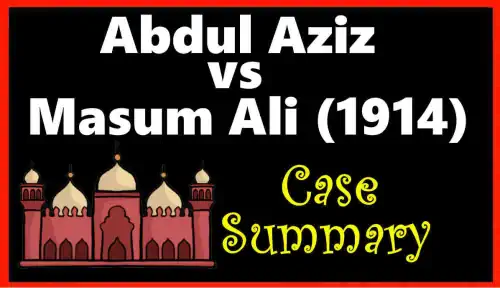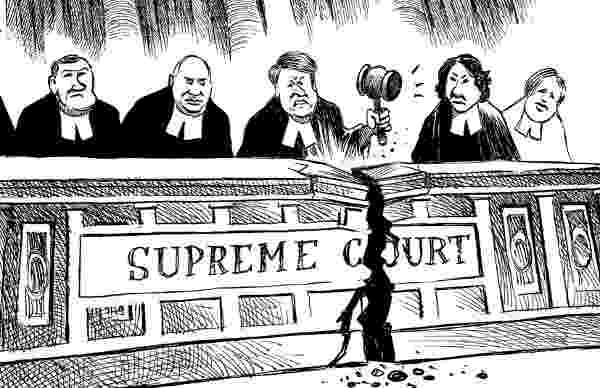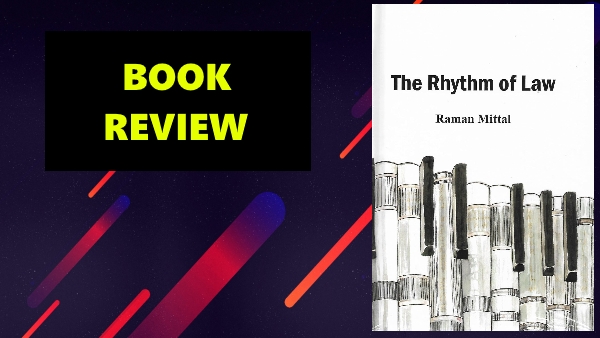Abdul Aziz vs Masum Ali Case made it clear that mere promise to contribute to charitable purpose is not enforceable as it is without consideration.
According to Section 2 (d) of Indian Contract Act, consideration is when-
- Happens at the desire of the promisor
- There should be a promisee or any other person.
- It has to be done or abstained from doing something (or)
- Does or abstains from doing something (or)
- Promises to do or abstain from doing something.
FACTS
- The appellate here belongs to Islam Local Agency Committee, Agra. In 1907 a movement was set up on foot to collect money for repairing and reconstruction of a mosque known as Masjid Hamman Alawardi Khan.
- The committee themselves sanctioned a subscription of 3000/-. Besides this, 100/- was paid by Hakim, 500/- was promised by Munshi Abdul, and another sum of 500/- was promised by Munshi.
- Among them, Munshi Abdul was appointed as treasurer. The committee handed over their contribution to Munshi Abdul, and he also received 100/- from Hakim.
- Munshi Jan gave cheque of 500/- on 12th September 1907. On 29th Sep 1907, the cheque was presented to the bank. The bank returned the cheque with notice of irregularity in an endorsement.
- It was again presented on 12th Jan 1909. The bank again returned the cheque with a notice saying that it was out of date. Munshi Abdul died on 20th April 1909 and a suit was initiated against his heirs on 14th April 1910. Munshi Jan died in May 1910.
- This suit was brought against heirs of Munshi Abdul for the recovery of 1000/- that is, 500/- paid by him and 500/-, the amount paid by Munshi Jan that was not cashed. The Lower Appellate Court made the heirs liable to pay 1000/-.
- A second appeal was made in the High Court.
ISSUE
- Whether the promise is enforceable without any consideration?
- Whether the heirs of Munshi Abdul are liable to pay 1000/- for negligence?
CONTENTIONS
Plaintiff’s contentions
- It was contended on behalf of the appellants that the money promised by treasurer did not go beyond the stage of promise.
- Secondly, he had enough money but had not transferred from his private account.
- Thirdly, on strength of promise, no liability was incurred.
Defendant’s contentions
- The defendants contended that the promise was made by treasurer himself.
- The committee suffered a loss through the negligence of Munshi Abdul paid via cheque was questionable if he were alive.
- He was appointed as an agent to undertake these works. But this resulted in gross negligence for which committee has to suffer.
RATIO DECIDENDI
The Hon’ble Judges present to hear this case were Sir Henry Richards, Chief Justice, and Justice Pramada Charan Banerji. The bench was of the opinion that-
- It was a mere gratuitous promise on Munshi Abdul’s part with regard to his subscription.
- Under the circumstances of this case it is admitted if the promise had been made by outsider it could not have been enforced.
- There is no evidence which tells that he set aside 500/- to meet his promised subscription.
- He had presented the cheque for payment; the mistake in the endorsement was a natural one and the delay in representing the cheque or getting a replacement from the drawer may well be explained by the delay in carrying out the proposed work.
- Under these circumstances, Munshi Abdul could not have been sued in his lifetime and no suit can lay against his heirs after his death for the same.
- The appeal is allowed and the appellants will get the costs, including the court fees.
DECISION
The court held that Munshi Abdul could not be sued or any suit can be laid against his heirs after his death as there is a lack of evidence to prove the consideration for his promised subscription and there is a great difficulty in holding that a suit could have been brought against Munshi Abdul with respect to the cheque in his lifetime. Therefore, the appeal is allowed and the costs shall be received.
CONCLUSION
This judgment made it clear that mere promise to contribute to charitable purpose is not enforceable as it is without consideration.
BEST BOOK FOR CONTRACT LAW: Contract Law by RK Bangia (Latest Edition)






